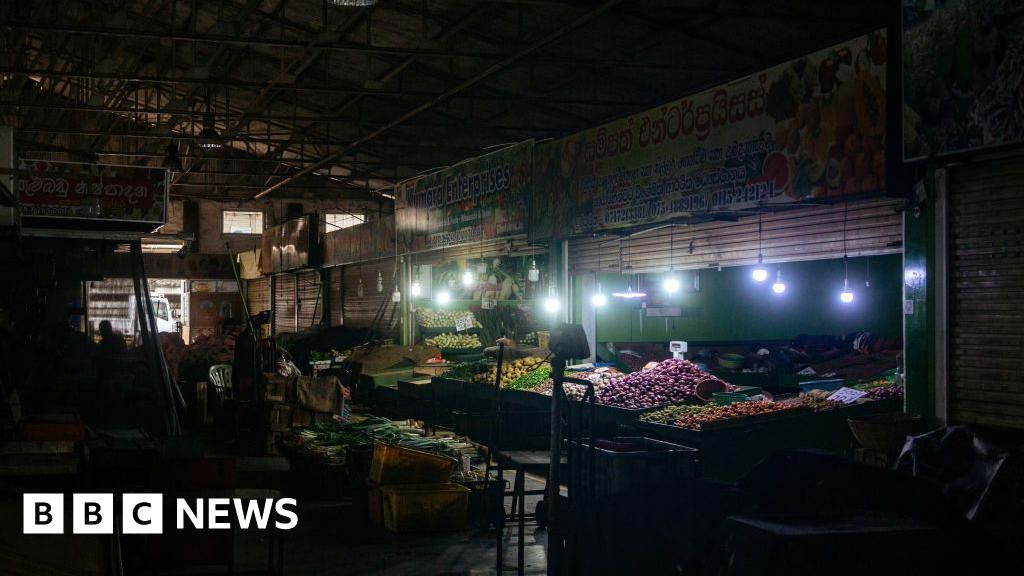Storm Boris kills 15 as floods continue to ravage central Europe | Floods News
At least 15 people have now died in flooding caused by Storm Boris in central and eastern Europe, with many countries bracing for more torrential rain.
The flooding has been the worst central Europe has seen in at least two decades, authorities said on Monday.
Border areas between the Czech Republic and Poland were especially hit hard over the weekend, with surging water levels leading to collapsed bridges and damaged cars and houses.
The number of flood victims in southwestern Poland rose to five after the body of a surgeon returning from hospital duty was found in the town of Nysa on Monday morning, firefighters said.
Earlier, the bodies of two women and two men were found in the towns of Bielsko-Biala and Ladek-Zdroj, and in two villages.
Police in the Czech Republic said that one woman drowned in the northeast, which has been pounded by record rainfall since Thursday. Seven other people were missing on Monday, up from four a day earlier.
Meanwhile, in Romania, the flooding killed at least six people over the weekend, and in Austria, a firefighter died on Sunday. In the state of Lower Austria that surrounds Vienna, two men aged 70 and 80 were also found drowned in their homes, a police spokesperson said on Monday.
Television footage on Monday showed streets in the Polish region of Klodzko strewn with debris and mud. In the Polish town of Nysa, a hospital was evacuated, with patients including pregnant women and elderly people taken away in rafts. Many Polish cities, including Warsaw, have called for food donations for flood survivors.
Reporting from Klodzko, Al Jazeera’s Assed Baig said that the situation in the town was devastating.
“When the floods came through this historical town, it wreaked havoc … people are trying to salvage what they can … people are appealing for help. They want food, clothes and electricity,” he said.
He said people have been putting sandbags in the streets and in front of their houses in preparation for more floods.
“But it is difficult to prepare. When the first [flood] wave hit, it was very high and there was no warning,” Baig said. He said many feared that there could be “worse to come”.
Experts are warning of a flood threat in Opole, Poland, a city of some 130,000 residents, where the Oder River has reached high levels and started bursting its banks at some points. Concerns have also been raised northwest of there, in the city of Wroclaw, home to about 640,000 residents, where the flooding was expected on Wednesday. The city suffered a disastrous flood in 1997 and the trauma is still present there.
Poland’s government announced a state of natural disaster in affected areas and said that it had set aside one billion zlotys ($260m) to help victims on Monday.
Polish Prime Minister Donald Tusk said he was in touch with the leaders of other affected countries and that they would ask the European Union for financial aid.
“From today, anyone affected by the flood – and here I mean through flooding, collapsed buildings, flooded garages, lost cars, losses linked to the flood – will be able to easily” claim funds, he added.
Czech authorities declared a state of emergency in two northeastern regions, which have seen the worst flooding, including in the Jeseniky mountains near the Polish border.
A number of towns and cities were submerged on Sunday in the northeast, with thousands evacuated. Military helicopters joined rescuers on boats in efforts to transport people to safety.
In the Czech Republic, floods moving towards the southeastern part of the country inundated the town of Litovel, while the Oder River flooded parts of the city of Ostrava at the confluence with the Opava River, forcing the evacuation of hundreds of people on Monday after a natural dam broke. Firefighters and others were working to fix the problem.
Authorities in Ostrava, the country’s third-largest city, warned against travelling there. Most people were without hot water and heating in the city.
In Austria, the levels of rivers and reservoirs fell overnight as rain eased, but officials have said they are bracing for a second wave as heavier rain is expected.
After hitting Austria, the Czech Republic, Poland and Romania, flooding could affect Slovakia and Hungary next as a result of a low-pressure system from northern Italy that has been dumping record rainfall in the region since Thursday.
Check out our Latest News and Follow us at Facebook
Original Source







